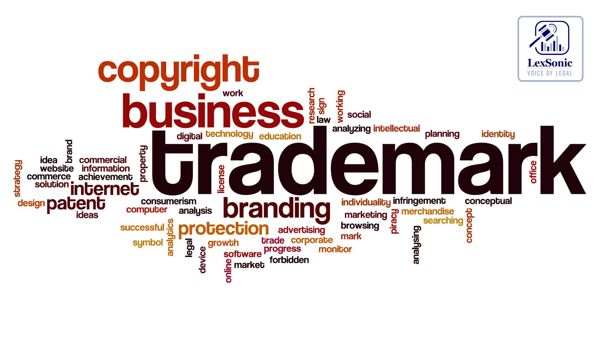Court Orders Interim Relief in Trademark and Fake Content Dispute.
16 July 2024
Trademark Laws in India >> Intellectual Property Rights
In a recent legal development in National Stock Exchange of India vs Meta Platforms, Inc & Others, Bombay High Court has granted interim relief to a Plaintiff seeking to address the spread of fake videos and unauthorized use of its trademarks on social media platforms. This case highlights significant issues concerning intellectual property rights and the responsibilities of social media intermediaries.
Background of the Case:
The Plaintiff, whose identity remains undisclosed, has been affected by the circulation of fake videos and misuse of its trademarks on various social media platforms. The Plaintiff claims that these actions have led to substantial harm to its reputation and misled the public. Despite identifying the social media platforms responsible (Defendant Nos. 1 to 6) and some administrators of a WhatsApp group (Defendant No. 8), the Plaintiff lacks information about the individuals directly involved in these violations.

Defendant No. 5’s Position:
Defendant No. 5, one of the social media intermediaries, has agreed to adhere to the IT Rules but has indicated that it cannot take on the role of adjudicating or censoring content that infringes on the Plaintiff’s intellectual property rights. Notices regarding the case have been served to the intermediaries and some administrators of the WhatsApp group, though not all could be reached due to their unavailability.
Compliance with IT Rules:
The Plaintiff argues that despite the IT Rules mandating prompt action to remove infringing content and address grievances, the intermediaries have failed to act swiftly and effectively. The Plaintiff cites specific instances where content was only removed after significant delays, contrary to the IT Rules’ requirements for timely action.
Legal Precedents:
The Plaintiff has referenced previous court decisions that support the need for quick action against intellectual property violations. These precedents underscore the obligation of intermediaries to prevent and address such infringements.
Court’s Interim Relief:
In response to the Plaintiff’s concerns, the court has issued several interim orders:
Restraint Orders: Defendant Nos. 7 and 8 are restrained from using the Plaintiff’s trademark or creating and distributing fake content.
Action by Intermediaries: Defendant Nos. 1 to 6 are directed to promptly remove offending material from their platforms and provide information about the individuals involved in these activities.
Police Assistance: The court has ordered the police to assist in enforcing these orders and preventing further trademark infringements and dissemination of misleading content.
Next Steps:
Defendant Nos. 1 to 6 are required to file affidavits disclosing details about the perpetrators and their compliance with the IT Rules within three weeks. The Plaintiff will have the opportunity to respond to these disclosures within a week. The matter is scheduled for further consideration on August 19, 2024. This interim relief aims to address the immediate issues raised by the Plaintiff and set a precedent for handling similar intellectual property disputes involving social media platforms.
Information Technology Act, 2000 Indian Penal Code, 1860
